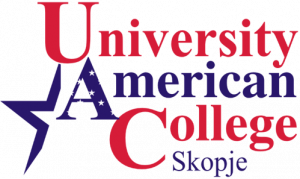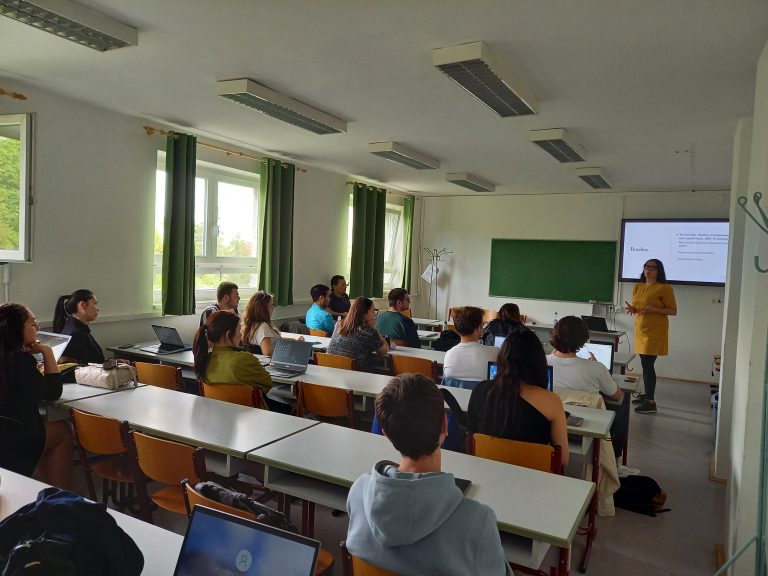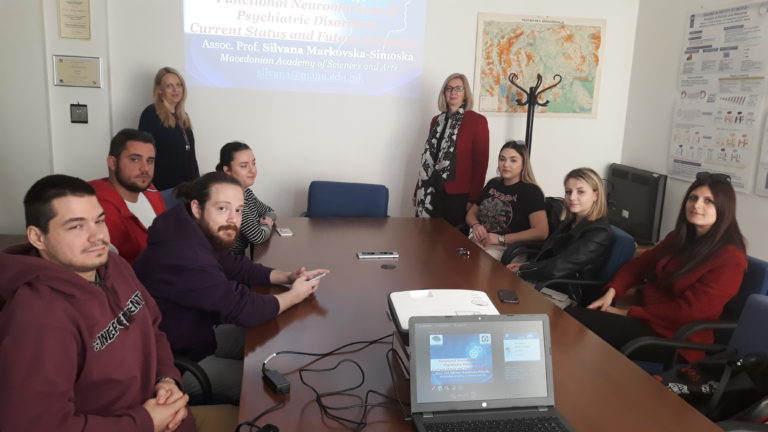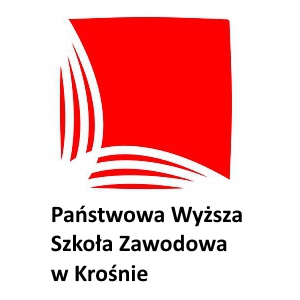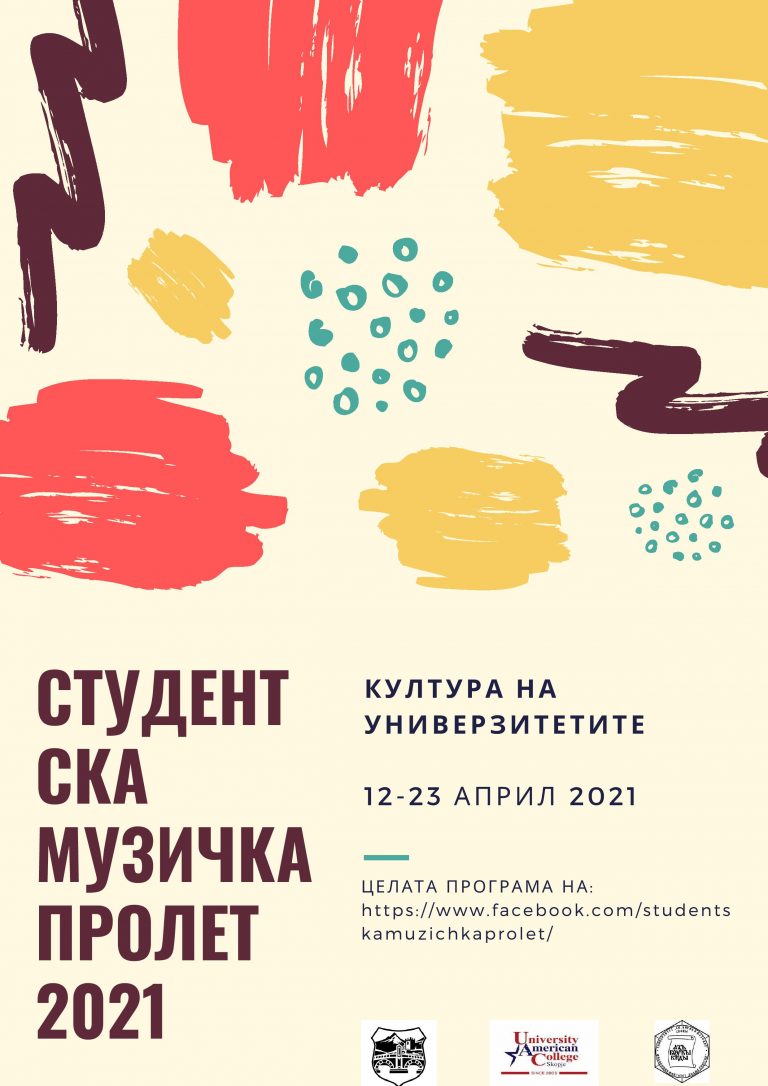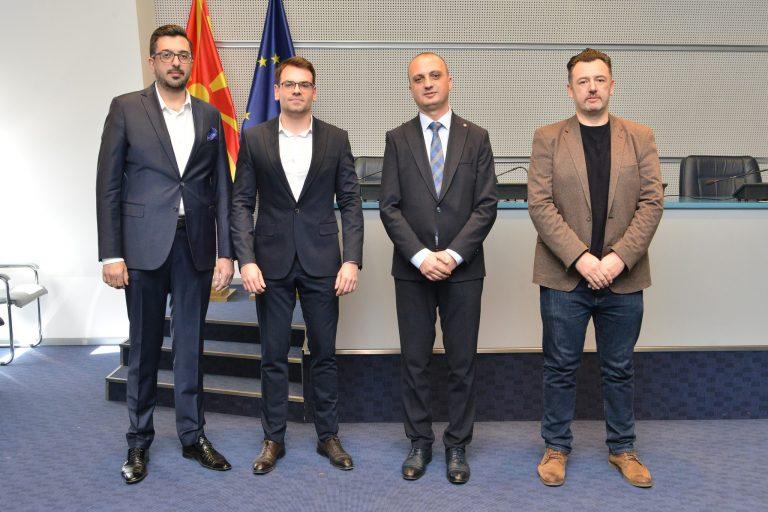Dr. Biljana Kotevska, expert on non-discrimination and equality – a guest lecturer at UACS
Dr Biljana Kotevska, а prominent expert on non-discrimination and equality was a guest lecturer at UACS, as part of the course International Human Rights, with (prof) lecturer Gorica Atanasova-Gjorevska on November 25.
The lecture was focused on the case study of North Macedonia with regard to the national portfolio of non-discrimination. Dr. Kotevska provided a general overview of concepts related to non-discrimination and equality as well as a detailed overview of the situation in the country. The lecture inspired a very dynamic and lively discussion with the students.
Dr. Kotevska is a Research Coordinator in the European Policy Institute – Skopje. She has worked as a researcher for policy research organisations in South-East Europe and as an expert and consultant for IGOs (EU, CoE and OSCE) and NGOs on various human rights issues, including equality and non–discrimination, economic, social and cultural rights, national human rights institutions, and minority rights. Dr Kotevska is the country expert on North Macedonia in the European Commission’s Network of Legal Experts in Gender Equality and Non-discrimination and in its predecessor network since 2011. She is also part of EPI’s FRANET team, conducting human rights research for the Agency for Fundamental Rights of the European Union.

Dr Kotevska holds a PhD in Law from the School of Law, Queen’s University Belfast (United Kingdom). She has been awarded several competitive individual research grants, three full postgraduate scholarships, including a Chevening Scholarship by the Foreign and Commonwealth Office, and the Civil Society Scholar Award for her doctoral research. She is a member of several research centers and academic associations – the Berkeley Center on Comparative Equality & Anti-Discrimination Law (University of California), the Human Rights Center and the Center for European and Transnational Studies (Queen’s University Belfast), the Academic Association for Contemporary European Studies (UACES) and the Socio-Legal Studies Association (SLSA).
